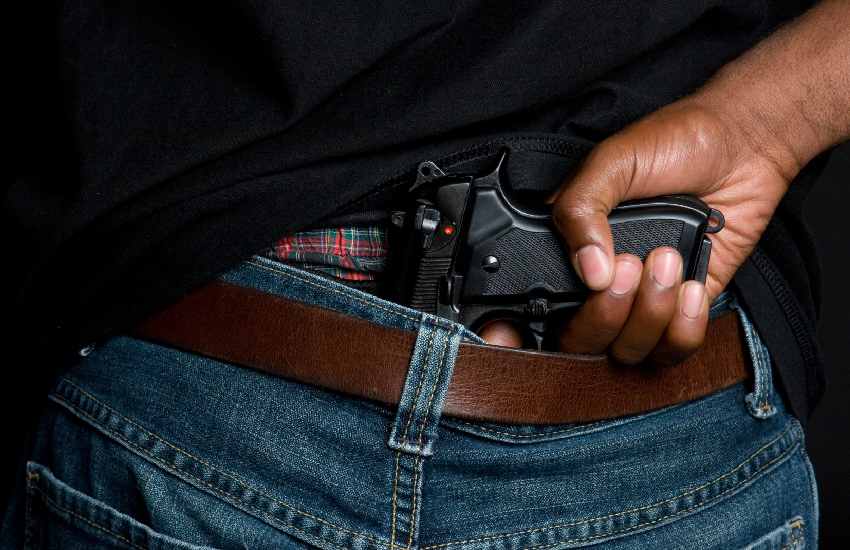×
The Standard e-Paper
Join Thousands Daily

The number of children involved in serious crimes such as murders and sexual offenses has increased significantly over the years, according to a report by the Ministry of Labour and Social Services.
This has necessitated the government to reassess the child justice system and come up with a road map on reforms, says the report.